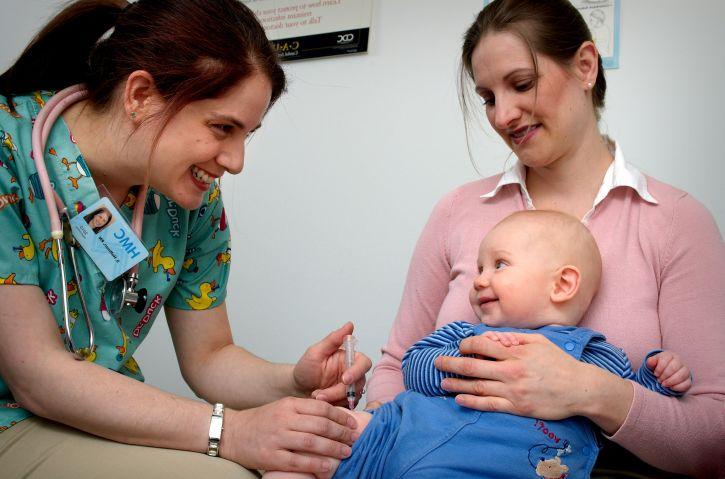An End to Chickenpox: The Varicella Vaccine's Success Story

If you’re an American over the age of 25, you may remember chickenpox -- formally known as the varicella zoster virus -- as an inevitable rite of passage. As the Center for Disease Control has written: “Before the availability of varicella vaccine in the United States almost everyone had varicella.” [source]
This is no exaggeration: In the pre-vaccine era, according to American Academy of Pediatrics, chickenpox was a “nearly universal infection” with approximately 4 million cases per year. Though most cases were in children 10 and younger, all age groups could suffer complications leading to significant hospitalizations (between 11,000 and 13,000 annually) and approximately 100 to 150 deaths per year.
With the successful widespread introduction of the varicella vaccine throughout the United States in 1995, the number of reported cases has dropped significantly. Today, illness or death by varicella is rare in the United States.
Though chicken pox is no longer a concern in the developed world, we can use historical data to help other parts of the world that are under-resourced and better prepare for future diseases. Opening the data and visualizing the information gives us better insight into the biological world.
Let’s examine some of the official data from the 45 years ago and onward to witness the varicella vaccine revolution in action:
1970-1994
-
2262 death records listed varicella as the underlying cause.
-
Average of 90 deaths per year.
-
The overall death count dropped from 138 in 1973 to 47 deaths in 1986.
2000
-
The Centers for Disease Control and Prevention in Atlanta, Georgia published “Varicella Mortality: Trends before Vaccine Licensure in the United States, 1970–1994” in the Journal of Infectious Diseases. [PDF]
-
The data shows how dangerous complications from varicella once were, and demonstrate the decrease after vaccinations are introduced.
A Safer Era
After almost 20 years of experience with use of varicella vaccine on a population basis, the World Health Organization [source] writes that it has a “good safety profile with rare confirmed serious adverse events.” The vaccine “markedly decreases the risk and severity of varicella. [...] One dose is ~85% effective in preventing all varicella and ~100% effective in preventing severe varicella.”
Typically, raw data is too large to grasp by itself. We rely on synthesis to make sense of walls a numbers. Visual synthesis clearly demonstrates patterns and trends. Visualizations can also highlight spikes that imply significant events or interventions. The charts below show how the intervention of the chicken pox vaccine had dramatic impact by showing the change in data over time. Both incident and mortality rates saw a large decrease with the introduction of the vaccine.
Who was affected by Varicella?
Despite spikes in some age groups, people of all ages saw fewer people getting chicken pox. The most dramatic decrease in incidents were those aged 20-49. That might seem surprising since this age group tends to be among the healthiest. But these are also the age groups most likely to be in contact with more vulnerable groups, like kids and the elderly. They are also less likely to be required to get a vaccination, whereas children may need records of vaccination to attend public school.
In the modern era, there are few people in the US who don't receive the vaccine.
Countless lives have been saved
In 1995 there were over 100 deaths from chicken pox in kids between the ages of 5 and 9.
In 5 years that number went down to less than 20.
People of all ages have seen a decrease in death due to chicken pox or its related medical complications. With widespread adoption of the varicella vaccine, tens of thousands of lives have been saved from a preventable virus.
The Centers for Disease Control and Prevention in Atlanta wrote in the journal Pediatrics in 2011 that there’s been a "near elimination" of varicella deaths in the US after implementation of the vaccine program. This is not an exaggeration: As displayed in the chart above and its accompanying dataset, the average mortality rate per 100,000 people has dropped to a grinding halt.
